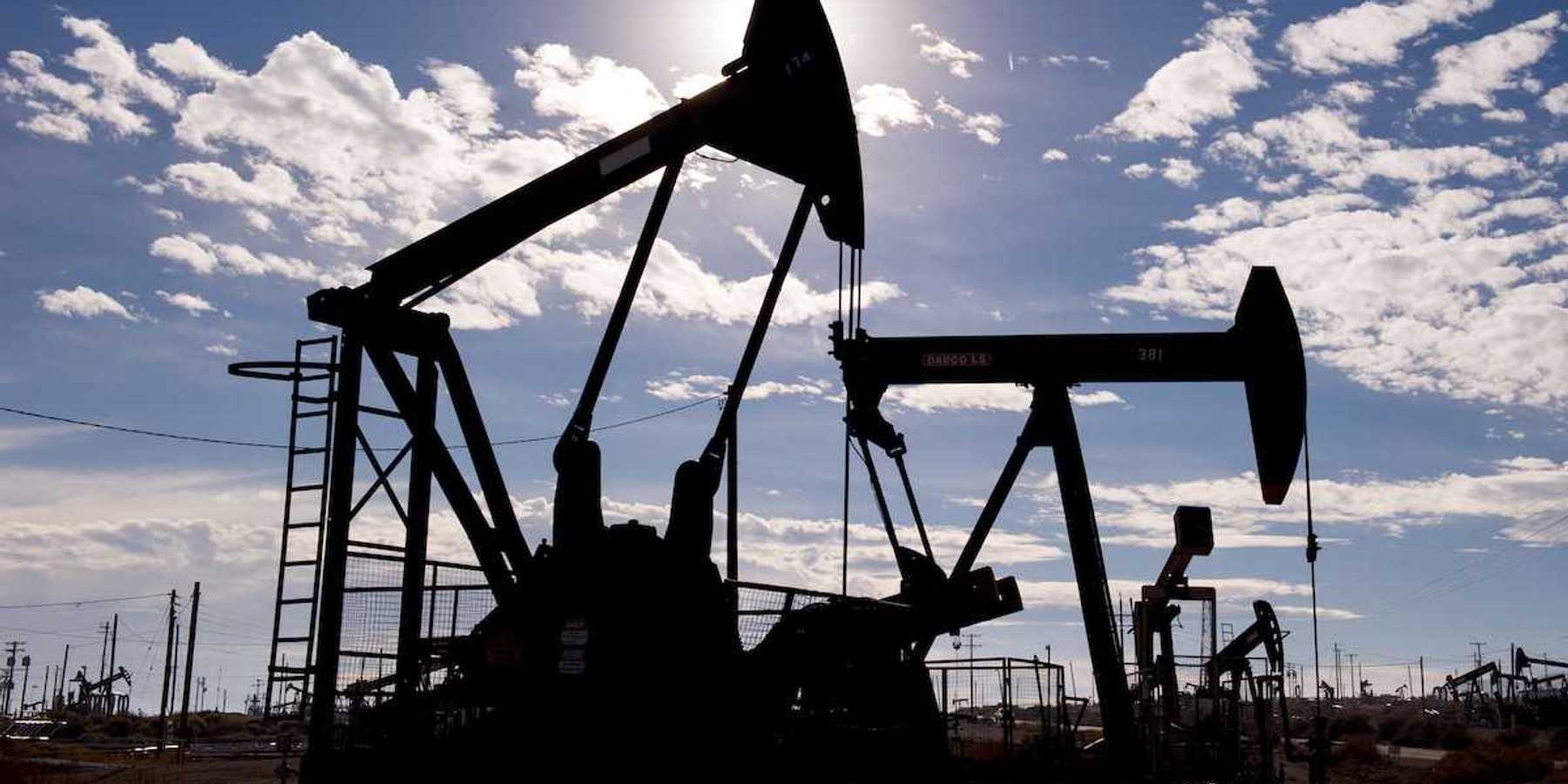
Earth Day: Amidst the greenwashing, it's still a good thing
When corporations tout their greenness and journalists get beaten senseless by lame ideas.
I hope like me you're counting the hours till this Thursday, April 22, the 52nd observance of Earth Day.
An American invention largely credited to U.S. Senator Gaylord Nelson and student activist Denis Hayes, Earth Day's 1970 debut drew millions of people to rallies and events in big cities and small towns; grade schools, and college campuses.
This is not to be confused with Earth Hour, which was observed this year at 8:30 pm EDT on March 27, leaving the annual final score for the year: Earth = one hour; everything else = 8,759 hours.
Earth Day is also not to be confused with the United Nations' World Environment Day coming up on June 5, or its World Oceans Day, three days after that.
After its grand 1970 debut, Earth Day became a decidedly more mundane event until 1990. Several years of telegenic eco-disasters—the horrific chemical release in Bhopal, India; the Chernobyl nuclear meltdown; the Exxon Valdez oil spill; and more – re-ignited public passions.
As a major event, Earth Day 1990 stands alone as a high-profile environmental newsmaker (except, of course, for the disasters). A two-hour primetime ABC special drew A-list talent: Bette Midler, Danny DeVito, Dan Aykroyd, Chevy Chase, Bill Cosby, Kevin Costner, Rodney Dangerfield, Jane Fonda, Morgan Freeman, Dustin Hoffman, Magic Johnson, Jack Lemmon, Meryl Streep, Betty White, Robin Williams, and Barbra Streisand.
On the corporate side, greenwashing— green public relations efforts meant to mask polluting reality—started to increase in the 1980s and 1990s. Petrochemical giant Chevron notably put the con in consummate, dropping millions in greenwash print and video ads in its "People Do" campaign. In this TV classic, the kindly folk of Chevron keep desert critters from dying of thirst.
In a 1988 print ad, Chevron dropped an estimated six figures bragging about its efforts to save the endangered El Segundo Blue Butterfly. Unmentioned in the ad: Chevron was initially mandated to save the butterfly because its habitat was plowed under in part to build Chevron's massive El Segundo refinery complex.
Here in 2021, Greenwashing lives, and it's slicker than ever. America's biggest soda makers trotted out their biggest brands—Coke, Pepsi, and Dr. Pepper—to pledge their fealty to plastics recycling, despite decades' worth of opposition to bottle return legislation. Their ad ran during the Super Bowl of American advertising, which is, of course the Super Bowl.
Heartless journalists like me aren't blameless, either, as we annually turn our cyber-backs on literally hundreds of press releases, story pitches, and videos about how Snoopy (or was it Snoop Dogg?) is spending Earth Day.
Of course, not all of the news is cause to be cynical. President Biden has scheduled a virtual summit of world leaders (on Earth Day, of course!) to harden and accelerate commitments to reduce greenhouse emissions and affirm the reversal of the past four years of White House science denial.
Make no mistake: Earth Day, even with its shallowness and condescension, is a good thing—as are Earth Hour, World Environment Day, World Oceans Day, and more.
Hopefulness? By this time, I had hoped over 52 Earth Days that we had accomplished a little bit more.
Peter Dykstra is our weekend editor and columnist.
His views do not necessarily represent those of Environmental Health News, The Daily Climate, or publisher, Environmental Health Sciences.
Banner photo credit: Earth Day Gathering on April 24, 2017, in Harrisburg, Pennsylvania. (Credit: Governor Tom Wolf/flickr)













